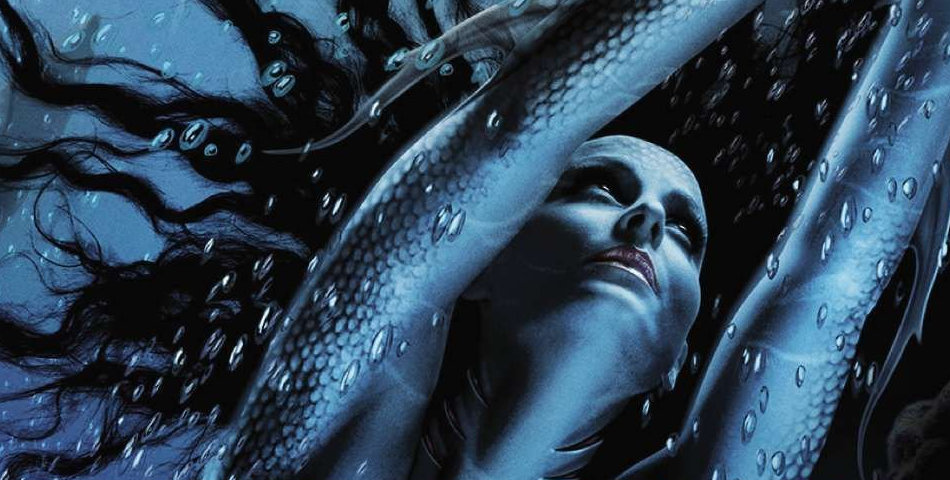Neptune’s Brood

Neptune’s Brood by Charle’s Stross is the sequel to Saturn’s Children. The first book was set after humanity has gone extinct, and robots (many taking near-human form as androids) have inherited the solar system. Thousands of years later, by the time of Neptune’s Brood, these descendants of humanity have reached out and formed interstellar colonies through the use of slower than light colony ships.
The story follows Krina Alizond-114, a scholar in accountancy fraud trying to find her missing sister. Trade between interstellar colonies is hard, notably because physical goods take hundreds of years to move between systems, and even digital information takes years.
To help in transactions, there is the concept of slow money – a form of crypto -currency backed by incredibly stable long term assets. Exchanging slow money takes years – requiring a three phase commit between banks in multiple star systems. If that sounds like more information that you want to know, then Neptune’s Brood is probably not for you. It’s definitely the sort of science fiction that delights in providing data dumps to describe how the background of the story works. In this case, it involves the complexity of funding interstellar colonies, FTL (which is of course, impossible) fraud, and banking at the speed of light (which is not fast enough for most purposes).
My friends have developed an FTL drive. As you know, this will cause a crash in the slow money market once word gets out, so it is essential that we keep it secret until we have tested it. However, on the upcoming test flights there will be an opportunity for a select few investors to entrust us with slow money instruments that need negotiating via the bank of…
— No sensible person falls for an FTL scam.
For me, it made for a lot of interesting reading and plenty of ideas to think about. There are also space battles with accelerations measured in micro-gravities, mind uploading and full body modifications (and yes, as the front cover hints at, there are mermaids). Everything you’d expect from a trans-human civilisation set countless millennia in the future.
If you’re looking for deep character driven story lines, then this probably isn’t the book for you. It very much concentrates on the science part of science fiction. There’s plenty enough of a story to keep things interesting (with several twists along the way), and the characters are just interesting enough to hang things on.
Admittedly I do have a soft spot for transhuman settings, which helped, and I found the background to the setting interesting rather than dry. So personally, I really enjoyed it.